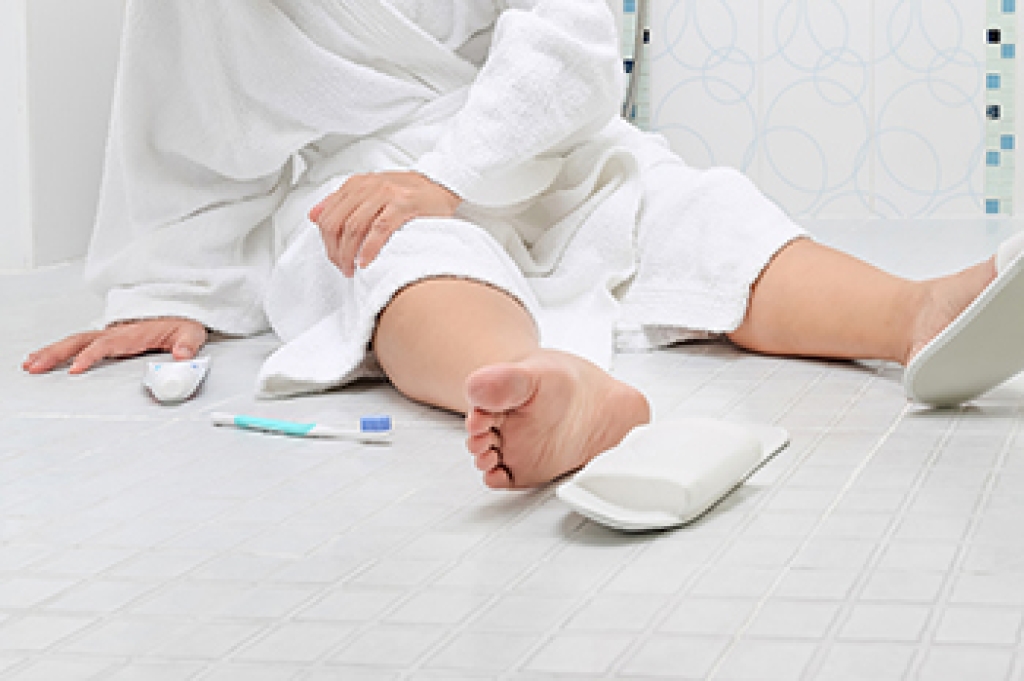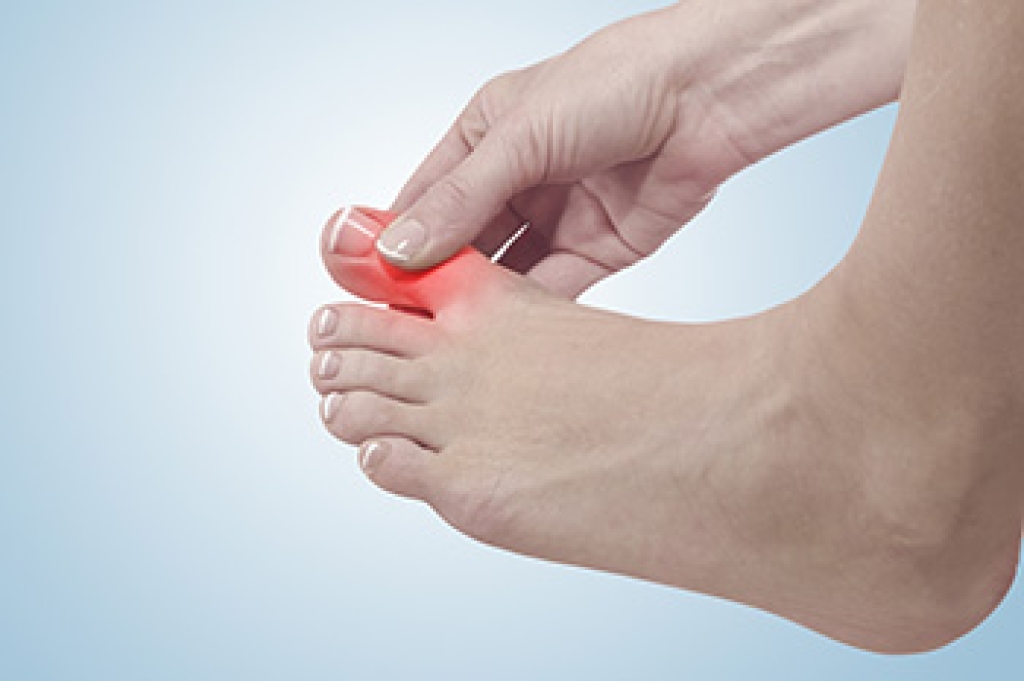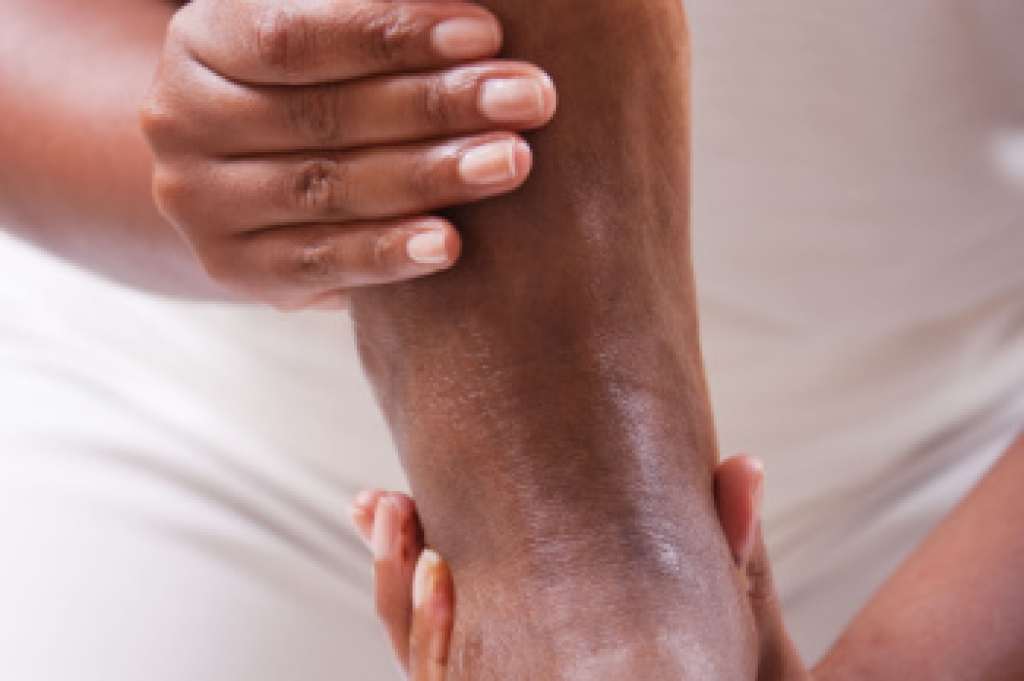
Preventing falls becomes increasingly important with age as balance, strength, and sensory changes can make daily movement less secure. Many older adults experience reduced sensation in the feet, slower reflexes, or joint stiffness that affects stability. Foot pain, poorly fitting shoes, and untreated foot conditions can also increase the risk of tripping or slipping. Simple adjustments such as wearing supportive footwear, keeping walkways clear, improving lighting, and maintaining regular activity can make the home environment much safer. Routine foot evaluations help identify issues that may interfere with balance before they lead to an injury. Paying attention to these details supports confidence with every step. If you are concerned about stability or have persistent foot discomfort, it is suggested that you schedule an appointment with a podiatrist for a proper assessment and guidance.
Preventing falls among the elderly is very important. If you are older and have fallen or fear that you are prone to falling, consult with Dr. Michael T. Hames from Florence Foot Center. Our doctor will assess your condition and provide you with quality advice and care.
Every 11 seconds, an elderly American is being treated in an emergency room for a fall related injury. Falls are the leading cause of head and hip injuries for those 65 and older. Due to decreases in strength, balance, senses, and lack of awareness, elderly persons are very susceptible to falling. Thankfully, there are a number of things older persons can do to prevent falls.
How to Prevent Falls
Some effective methods that older persons can do to prevent falls include:
- Enrolling in strength and balance exercise program to increase balance and strength
- Periodically having your sight and hearing checked
- Discuss any medications you have with a doctor to see if it increases the risk of falling
- Clearing the house of falling hazards and installing devices like grab bars and railings
- Utilizing a walker or cane
- Wearing shoes that provide good support and cushioning
- Talking to family members about falling and increasing awareness
Falling can be a traumatic and embarrassing experience for elderly persons; this can make them less willing to leave the house, and less willing to talk to someone about their fears of falling. Doing such things, however, will increase the likelihood of tripping or losing one’s balance. Knowing the causes of falling and how to prevent them is the best way to mitigate the risk of serious injury.
If you have any questions, please feel free to contact our office located in Florence, Alabama . We offer the newest diagnostic and treatment technologies for all your foot care needs.




